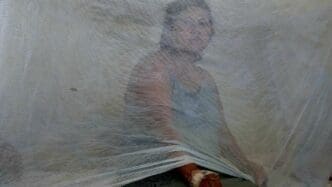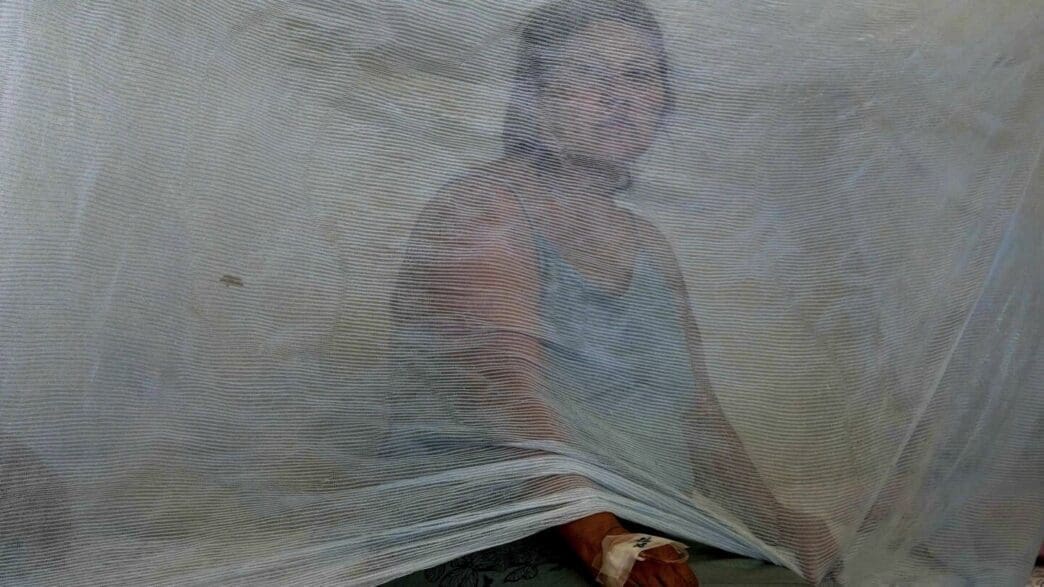This year, dengue fever has reached unprecedented levels in the Americas, with health officials reporting a record-breaking 12.6 million suspected cases. This staggering number nearly triples last year’s figures, marking a significant surge of the mosquito-transmitted virus across the region.
The increasing temperature and changing climate have provided mosquitoes the ideal environment to thrive, thus expanding their reach and exacerbating the spread of dengue. The Pan American Health Organization (PAHO) noted a steep rise in dengue-related fatalities, with over 7,700 deaths reported in the Caribbean and the Americas, compared to 2,467 last year. This situation marks the highest number of reported cases since 1980.
PAHO Director Jarbas Barbosa attributed these alarming trends to climatic changes, including higher temperatures, droughts, and floods. Furthermore, rapid population growth, unplanned urban expansion, and inadequate sanitation are contributing factors to the proliferation of dengue.
Brazil is experiencing the most severe impact, with over 10 million cases reported, followed by Argentina and Mexico, with 580,000 and over half a million cases respectively. In the Caribbean, Guyana is leading, followed by French Guiana, the Dominican Republic, and Martinique in terms of case numbers. Alarmingly, local transmission of dengue has also been identified in California, Florida, and Texas as reported by the U.S. Centers for Disease Control and Prevention.
Dengue viruses come in four types, known simply as 1, 2, 3, and 4. Infection with one type does not provide immunity against the others. Notably, serotype 3 has become predominant in Mexico, Central America, and certain Caribbean areas for the first time in a decade, according to Thais dos Santos, PAHO’s arboviral diseases advisor. While many infected individuals remain asymptomatic, symptoms such as headache, fever, and flu-like conditions are common, with severe cases leading to serious complications.
In Puerto Rico, the situation has reached epidemic proportions with over 4,900 cases and at least nine deaths. The escalation, as reported by local authorities, is heavily influenced by environmental factors such as heavy rains and stagnant water, which provide breeding grounds for mosquitoes. Residents are urged to eliminate these sites, and some regions, like Trinidad and Tobago, have resorted to fining property owners who fail to comply.
Children under 15 account for a significant portion of cases in countries like Costa Rica, Mexico, and Paraguay, with Guatemala reporting a high number of child fatalities. Vaccinations have been deployed in some areas such as Peru, Brazil, and Argentina, with Honduras preparing to receive them, mainly targeting children who have been previously infected to ensure effectiveness. However, due to limited supplies, these vaccinations are not expected to significantly alter transmission rates. As Thais dos Santos stated, the absence of mosquitoes equates to the absence of dengue, stressing the vital role of preventive measures.
The alarming increase in dengue cases across the Americas highlights the urgent need for stronger preventive strategies and public cooperation. While vaccines offer some hope, their limited availability underscores the importance of controlling mosquito populations to mitigate the virus’s spread.
Source: Apnews








